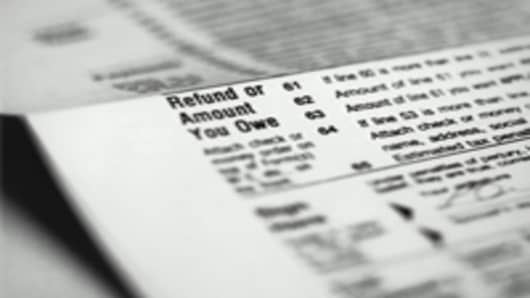The US fiscal position is messy, and steadily getting worse, according to HSBC chief economist Stephen King.
“The downgrade by S&P, the ratings agency, merely confirms what everyone already knew. The symbolism, however, is mightily important,” King wrote in a research note Monday.
Whilst the battle over the debt ceilinghas grabbed the headlines in recent months, King believes it did little to address the real problems facing the US.
“Even before the financial crisis, the fiscal path was unsustainable: an ageing population combined with extravagant social security commitments suggested either the need for massive tax increases or draconian spending cuts,” said King.
The downgrade does put pressure on the US to act according to Jan Poser, chief economist at Sarasin in Zurich.
“The most important consequence of the US rating downgradeis the fact that US economic policymakers now have their backs to the wall. They are forced to make savings,” Poser wrote in a note on Monday.
“On the other hand, the need to economize means that fiscal policy to prevent another downturn will drop out of the picture. Monetary policy, which does not appear very effective at the current interest rate level, will bear the full burden.”
“As a consequence, poor macro data releases are likely to make investors more nervous than was hitherto the case," he added.
Following the financial crisis which started 4 years ago, the US fiscal position has got much worse, and is now far worse than in crisis hit Europe according to King.
The US federal, state and local government deficit jumped from 2.9 percent of GDP in 2007 to 10.6 percent, and the ratio of debt to GDP jumped from 62 percent to 93 percent in 2010, according to OECD figures.
The euro zone's average deficit of 6.0 percent of GDP, a primary deficit of 1.1 percent of GDP and debt/GDP ratio about the same as America’s is "nothing like as bad" and "rising nowhere near as quickly” said King.
Poser believes the debt story is now all about the data and not about the politics.
“In the event of a more severe economic downturn, debts would rise with or without fiscal countermeasures and trigger a further downgrade. Hence, economic data will play a more important role than the political debate,” said Poser.



